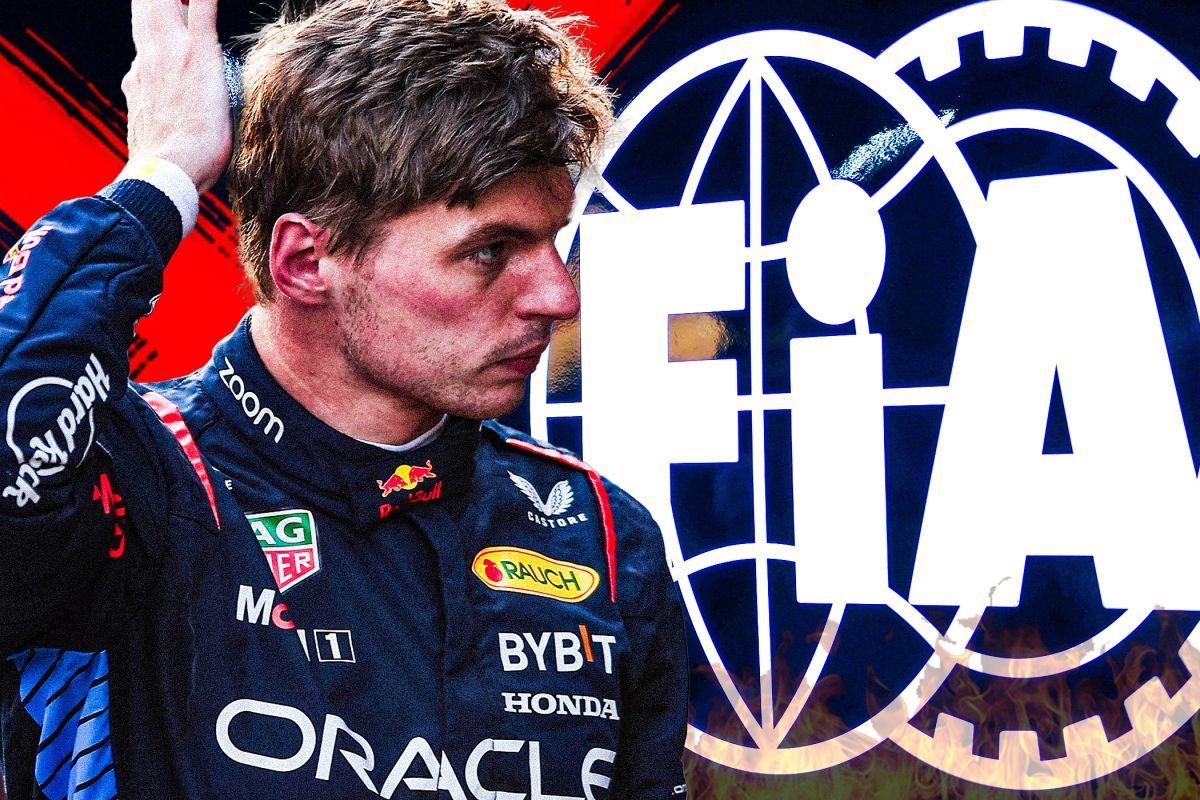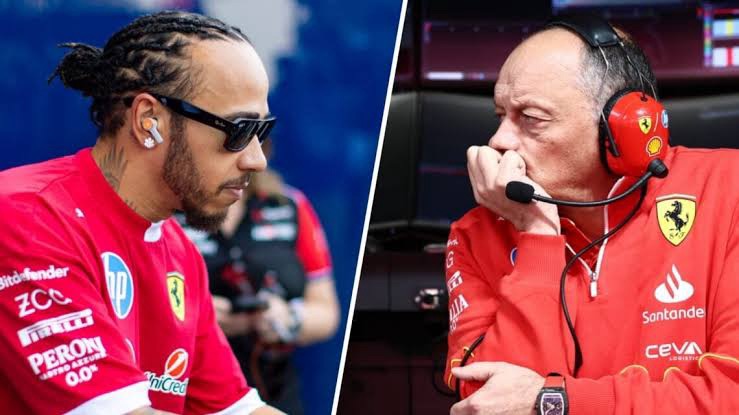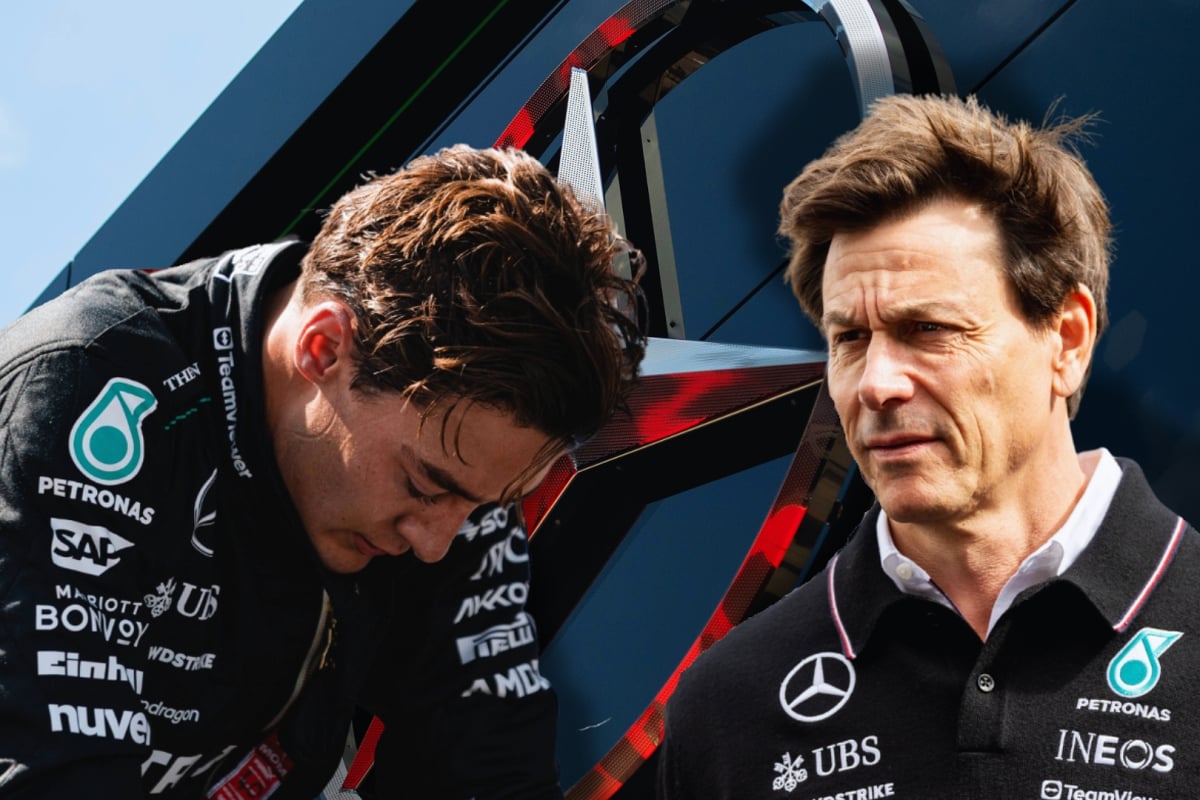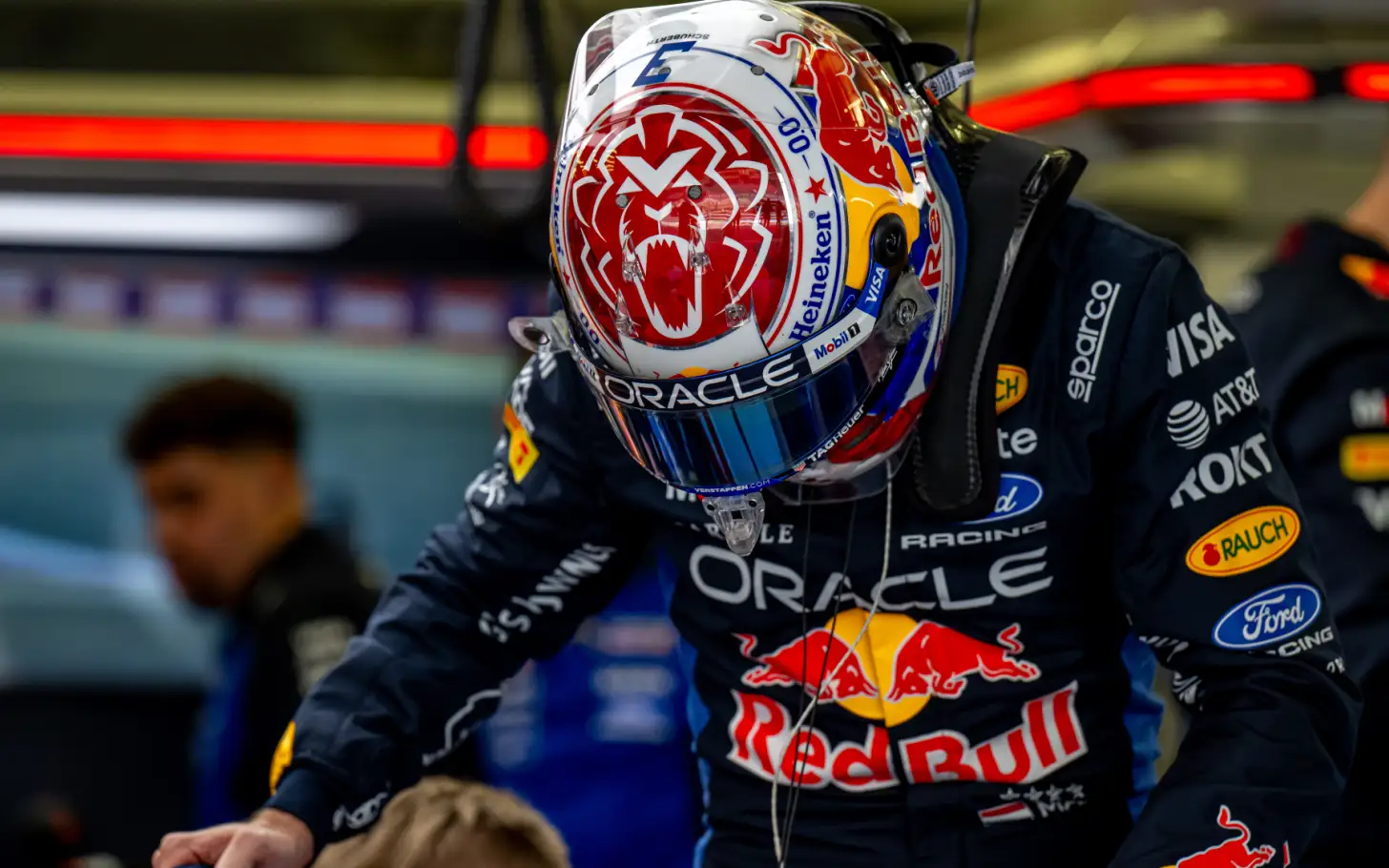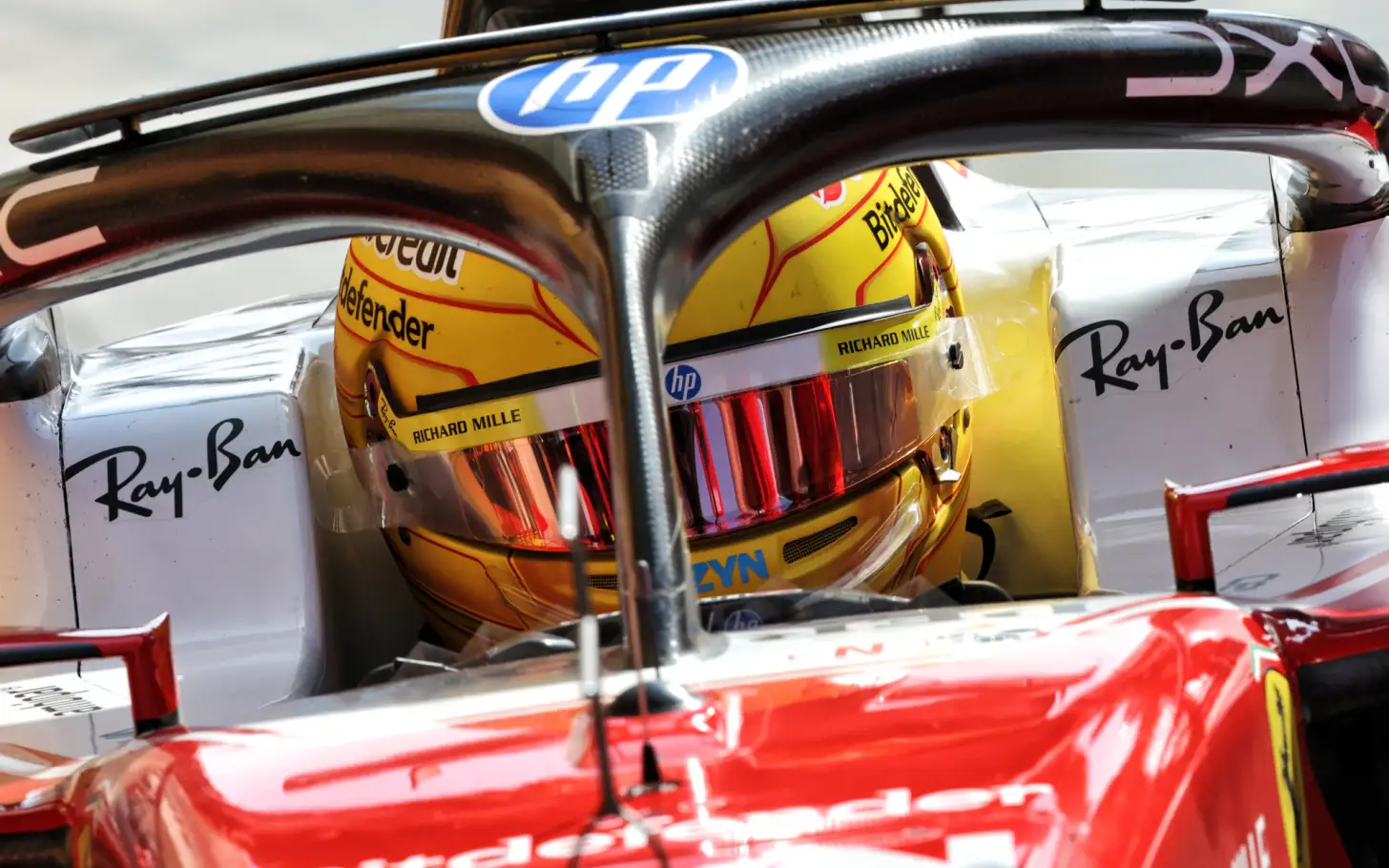FIA Stewards Accused of Showing Bias in Verstappen Penalty De…read more
Controversy has erupted following the Miami Grand Prix weekend as former Formula 1 World Champion Jacques Villeneuve publicly accused the FIA’s race stewards of displaying bias when issuing penalties, particularly targeting Red Bull Racing’s Max Verstappen. The Dutch driver, who has been at the center of multiple F1 narratives in recent years, was handed a 10-second time penalty during Saturday’s sprint race after a pit lane incident involving young Italian driver Kimi Antonelli. The penalty significantly affected Verstappen’s performance, relegating him to the back of the grid and depriving him of crucial championship points.
Verstappen, a three-time World Champion and one of the most dominant drivers on the grid, struggled to recover from the setback. Despite a valiant effort during Sunday’s main race, he could only climb to fourth place by the chequered flag. The Miami Grand Prix ultimately saw McLaren’s Oscar Piastri take a commanding victory, passing Verstappen on Lap 14 and holding the lead to secure his third consecutive win—further cementing his status as a rising star in the sport.
Villeneuve, speaking to Vision4Sport, voiced his concerns about what he perceives as inconsistent and biased stewarding. According to the Canadian driver, Verstappen is being held to a stricter standard compared to others on the grid, while drivers like Piastri appear to benefit from more lenient treatment.
“There’s a clear imbalance in how penalties are handed out,” Villeneuve said. “Max got a 10-second penalty for what, a pit lane incident that wasn’t entirely his fault? Meanwhile, there are other incidents involving different drivers that go completely unpunished or receive milder consequences. It doesn’t feel even-handed.”
Villeneuve went further to suggest that Oscar Piastri, who has been making waves in his second full season in Formula 1, has become the sport’s new “golden child.” He credited Piastri’s mental fortitude and steady performance under pressure but also hinted that the Australian’s rapid rise and clean image may be influencing how stewards handle incidents involving him.
“Oscar doesn’t seem rattled by pressure, and that’s impressive,” Villeneuve acknowledged. “He’s clearly got a good support system, especially with Mark Webber by his side. That dynamic between them—it’s not quite a father-son relationship, but there’s definitely a strong mentorship there. That kind of support really makes a difference, especially early in a driver’s career.”
Mark Webber, a former F1 driver himself and now Piastri’s manager, has been instrumental in guiding the young Australian through the complexities of elite racing. Villeneuve noted that the relationship seems to bring a calm energy to Piastri’s camp, which might be giving him an extra edge both mentally and politically.
However, Villeneuve’s main criticism remains directed at the FIA’s officiating. He argued that the rules must be applied equally, regardless of a driver’s popularity or team affiliation.
“It’s dangerous for the integrity of the sport when you see penalties being issued inconsistently. Fans notice. Teams notice. It undermines trust in the system,” Villeneuve emphasized. “Max may be an aggressive driver, but he’s no stranger to how the sport works. If he’s being singled out because of his reputation, that’s unfair.”
As the championship battle heats up and Piastri continues to gain momentum, Villeneuve’s comments are likely to spark further debate within the paddock and among fans. The FIA has yet to respond to the allegations of bias, but scrutiny over stewarding decisions is nothing new in Formula 1. Whether or not this prompts change remains to be seen, but the tension between experience and rising talent, and the role of officiating, is clearly becoming a central theme of the 2025 season.
